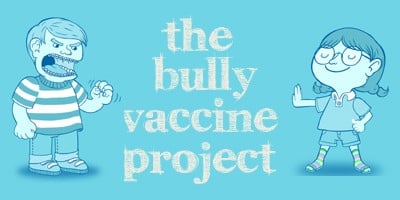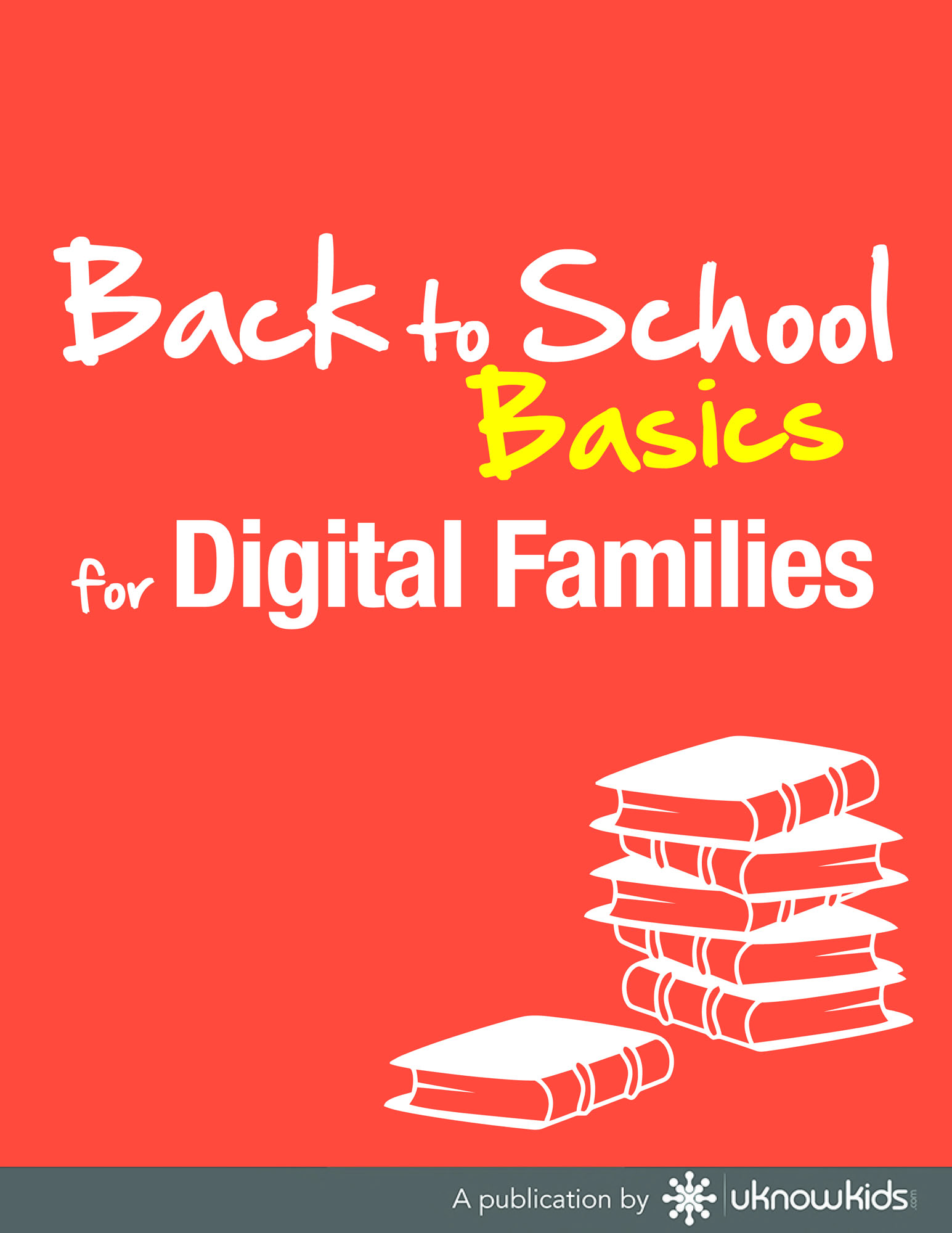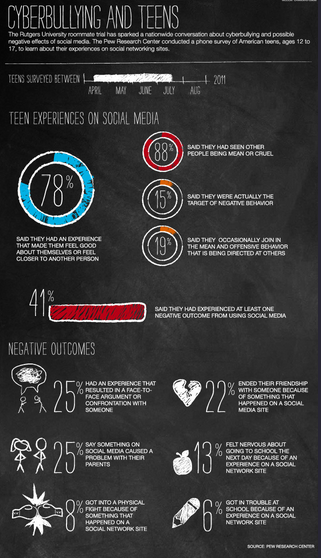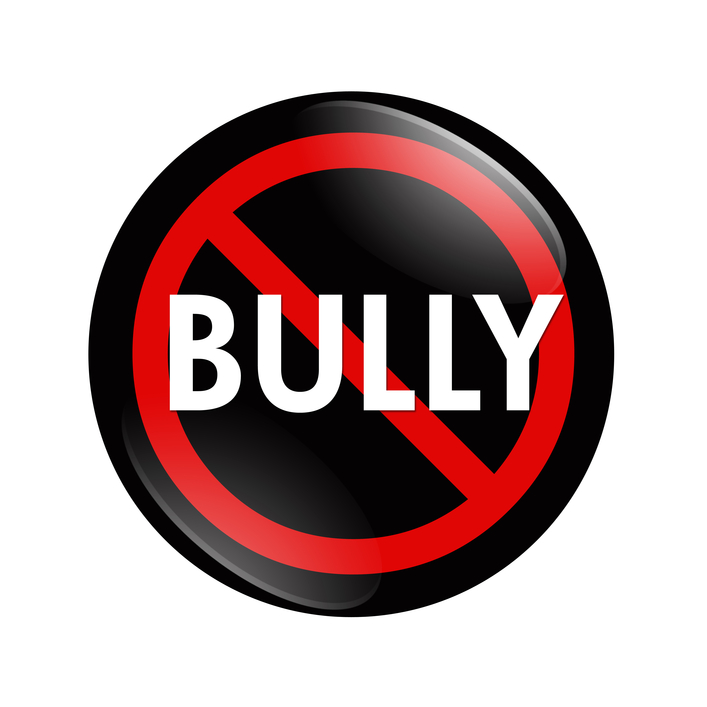Read the account from the first British person to be jailed for cyber bullying She speaks of her regret at posting a death threat online.
Keeley Houghton, 18, was sent to a young offenders' institute for three months in 2009 after writing on a social networking site that she was going to "murder" a fellow teenage girl.
The incident happened after an ongoing feud with Keeley's victim. Keeley said she she attempted to apologize to the girl on the night before she posted the message, but says her victim wouldn't listen.
"It was understandable, but I was so angry, even through to the next day," Keeley recalled on This Morning today (12 September).
"I was sat with a friend at my house and I wrote what I wrote. I don't even know what I was thinking. I didn't think she would see it. I wasn't friends with her on the social networking site."
Keeley, who is now a reformed character, removed the message within 24 hours and explained: "I knew it was wrong. I thought about it and thought, 'No, I shouldn't have written it'. So I just took it down.
"I don't know why I said it. It wasn't a threat I was going to go through with, it was just something I wrote at the time."


















